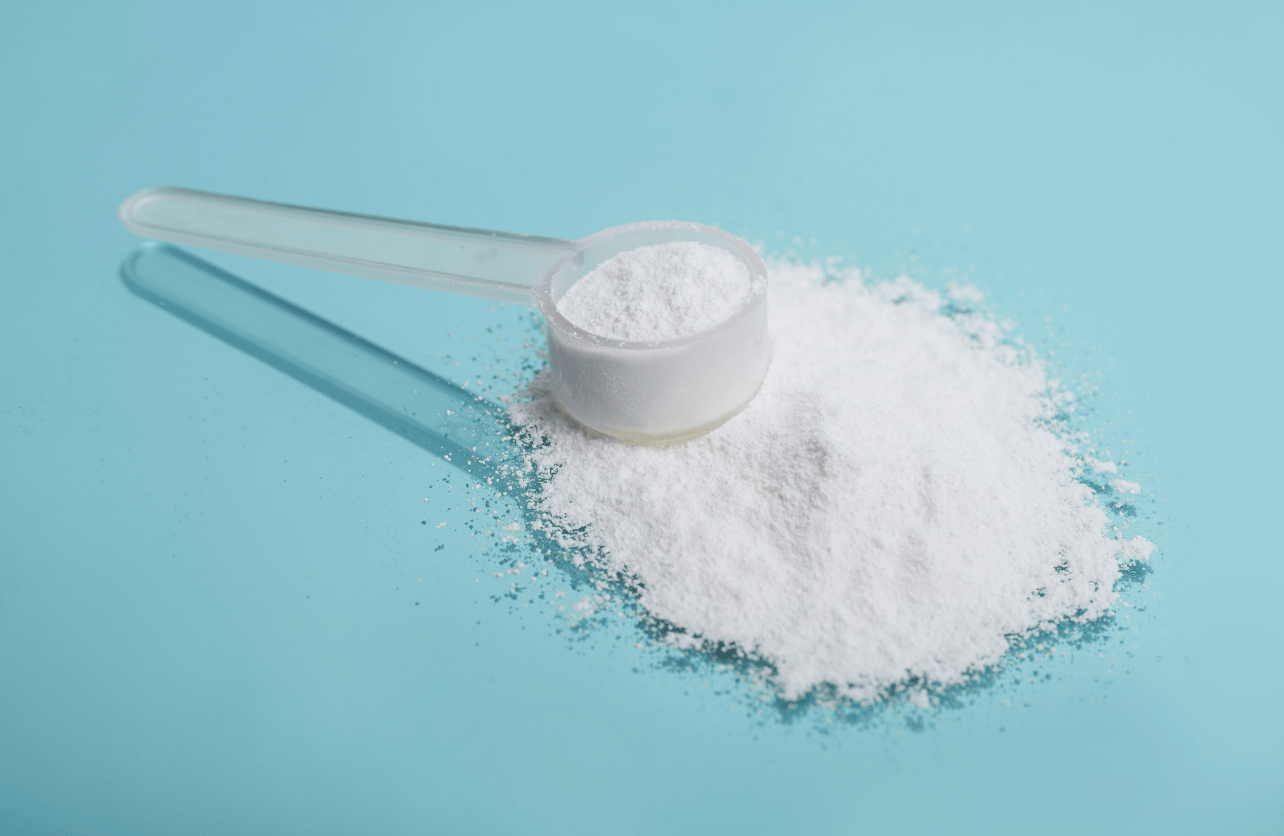Does L-Tyrosine Help with ADHD?

As far as supplements marketed for focus and mental clarity go, L-tyrosine is one that regularly pops up—especially in conversations around ADHD. It’s often sold as a “natural” way to support attention, motivation, and memory. But is it actually effective for people with ADHD, or just another supplement with a good pitch?
To answer that, we need to examine L-tyrosine, its role in the brain, and what science says about its real-world impact.
What Is L-Tyrosine, and Why Is It Linked to ADHD?
L-tyrosine is a naturally occurring amino acid that your body uses to produce several important neurotransmitters—including dopamine and norepinephrine. These chemicals are crucial for regulating focus, mood, motivation, and stress response. Notably, dopamine is one of the key neurotransmitters involved in ADHD. Most prescription ADHD medications work by increasing dopamine activity in the brain, which helps with attention and impulse control.
Because of this connection, the idea behind L-tyrosine supplementation is simple: more tyrosine equals more dopamine, and more dopamine equals better focus. But while that sounds compelling on paper, the body’s neurochemistry isn’t quite that straightforward.
What the Research Says
Research into L-tyrosine’s effects on ADHD has been limited—and the results are mixed. One small open-label study in the late 1980s tested L-tyrosine supplementation in adults diagnosed with ADHD. Initially, participants experienced improvements in attention and behavior, but by the six-week mark, those benefits faded. Researchers suspected that the brain may have developed a tolerance or adapted to the additional tyrosine, reducing its effectiveness over time.
In other studies, children with ADHD were found to have normal levels of tyrosine and other amino acids in their blood, which casts doubt on the theory that they lack the raw materials to produce dopamine. In other words, simply adding more tyrosine may not make much of a difference if the issue isn’t a deficiency in the first place.
That said, tyrosine has shown some promise in unrelated studies involving cognitive performance under stress. In high-pressure scenarios—like military training or sleep deprivation—L-tyrosine supplementation appears to help with memory, alertness, and multitasking. While that’s not the same as managing ADHD, it does suggest the amino acid may have cognitive benefits in certain contexts.
Why L-Tyrosine Isn’t a Standalone ADHD Treatment
Even if L-tyrosine does modestly boost dopamine production, the effect is likely far less targeted and potent than prescription ADHD medications. Stimulants like methylphenidate (Ritalin) or amphetamines (Adderall) don’t just increase dopamine—they help regulate its release and reuptake in specific areas of the brain involved in attention and impulse control.
L-tyrosine, by contrast, offers the body more raw material but doesn’t direct how that material is used. And because neurotransmitter production is tightly regulated by the body, increasing supply doesn’t always mean an increase in output.
This doesn’t mean L-tyrosine is useless—it just means it’s unlikely to be a reliable primary treatment for ADHD. At best, it might offer a small cognitive boost or work as a supportive supplement when used alongside more established therapies. But that’s still hypothetical and should be approached cautiously.
Safety and Side Effects
L-tyrosine is generally well-tolerated when taken at appropriate doses. Studies suggest that short-term use—up to 150 mg per kilogram of body weight per day—is safe for most people. Side effects, when they do occur, are usually mild and may include nausea, headache, fatigue, or heartburn.
There are some important drug interactions to be aware of, though. L-tyrosine should be avoided by people taking monoamine oxidase inhibitors (MAOIs), as combining the two can dangerously increase blood pressure. It can also interfere with thyroid medications, since tyrosine is involved in thyroid hormone production.
As always, anyone considering supplementation—especially individuals already taking medications—should consult a healthcare professional before starting L-tyrosine.
The Bottom Line
L-tyrosine is an interesting supplement with a logical connection to ADHD, but its real-world impact remains unclear. While it plays a role in the production of dopamine and other neurotransmitters, the body’s regulation of those processes is complex—and simply adding more tyrosine may not result in meaningful changes for most people with ADHD.
If you’re managing ADHD, L-tyrosine isn’t a replacement for clinically tested treatments. It may offer some benefit as a cognitive support supplement, particularly in stressful situations, but the evidence doesn’t yet justify its use as a standalone solution.
For anyone exploring alternatives or additions to ADHD treatment, it’s best to do so under medical guidance. The brain is a delicate thing, and when it comes to managing ADHD, nuance and individualized care make all the difference.
Building a Stronger You
Supplement Institute is the fruit of extensive online publishing experience, spanning the breadth of SEO strategies to the nuances of paid advertisements. Our journey, marked by significant achievements and learning moments, inspires our core mission: to empower our readers with an abundance of information. By sharing insights and key learnings, we aim to provide you with the knowledge needed to navigate the complex world of supplements, helping you make well-informed decisions for your health and well-being. Welcome to Supplement Institute, where information is your greatest supplement.